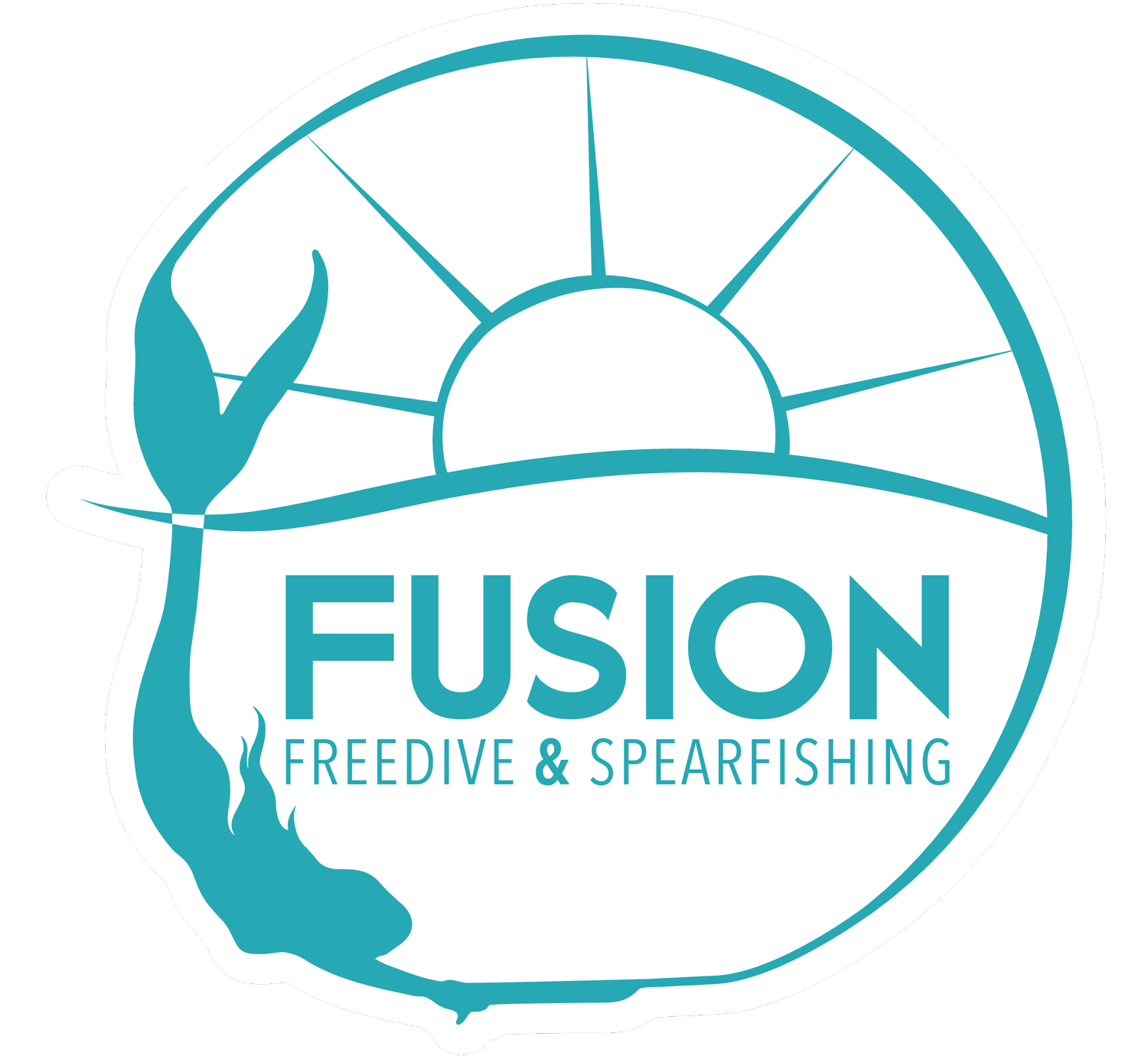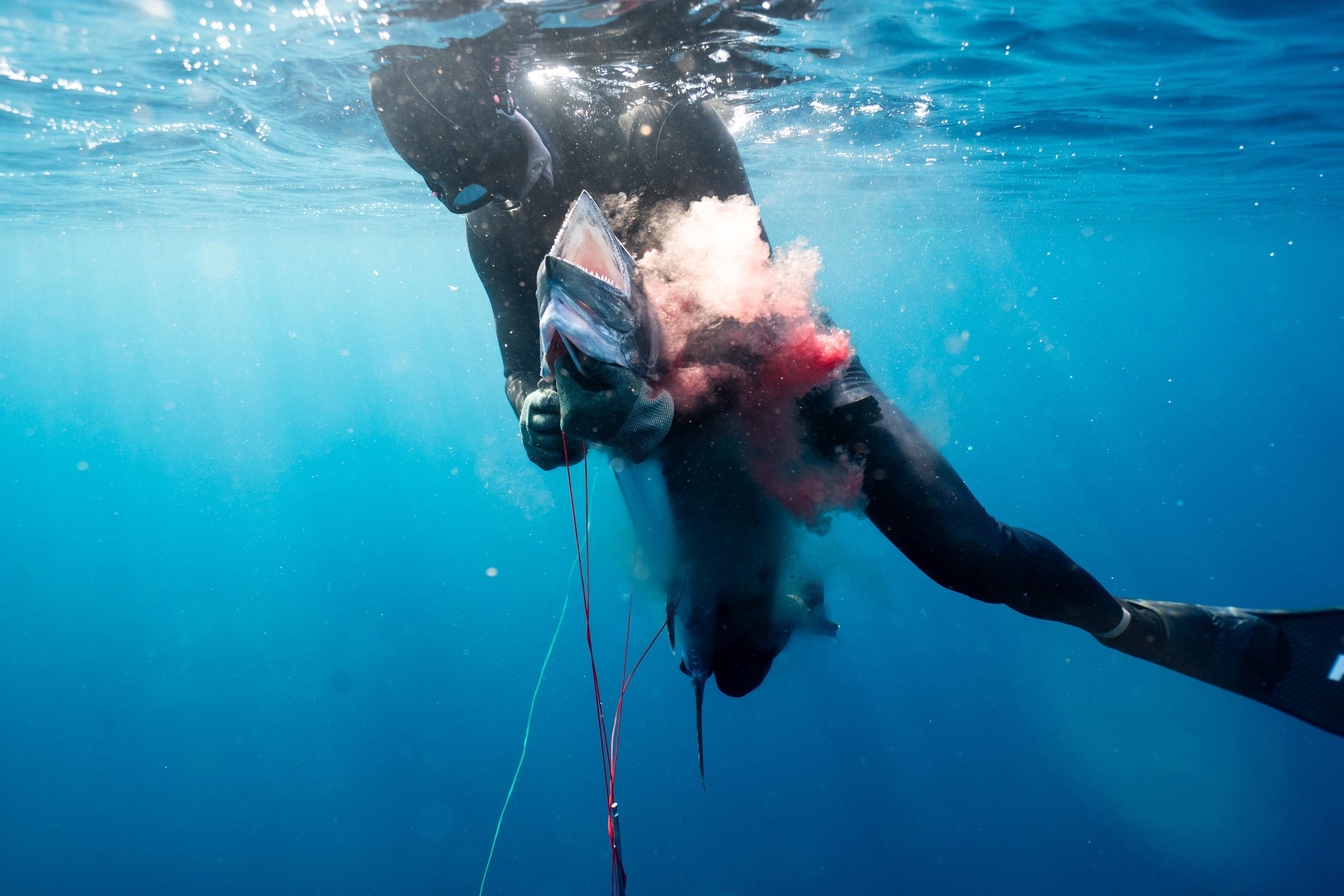Is Spearfishing Ethical or Harmful to Marine Life?
In recent years, spearfishing has become a point of debate among conservationists, divers, and even marine biologists. As the activity gains popularity worldwide, including at popular destinations like Bali, it raises a question: Is spearfishing ethical, or does it harm marine ecosystems? This article will dig into the nuances of spearfishing, exploring its environmental impact, ethical considerations, and how it compares to commercial fishing practices.
Understanding Spearfishing
Spearfishing is a form of fishing that dates back thousands of years and is rooted in the traditions of many coastal communities. It involves the use of a spear or speargun, allowing divers to select specific fish with minimal waste or bycatch. Unlike traditional fishing, which often results in unwanted or undersized fish being caught and discarded, spearfishing is highly selective. Bali spearfishing charters and courses are now available for those who want to experience this sustainable, skill-based activity firsthand.
Spearfishing vs. Commercial Fishing: A Matter of Impact
To better understand the environmental footprint of spearfishing, it’s essential to look at how it compares to large-scale commercial fishing:
Selective Harvesting: Spearfishers have the ability to pick only mature, healthy fish, unlike commercial fishing, which often captures fish indiscriminately. This selectiveness reduces harm to juvenile fish populations.
Reduced Bycatch: One of the significant issues with commercial fishing is bycatch—the unintended capture of non-target species, including endangered animals. Because spearfishing targets only specific species, bycatch is almost nonexistent.
Minimal Habitat Damage: Commercial fishing practices, such as trawling, can destroy seafloor habitats, including coral reefs. Spearfishing, conducted by trained freedivers, is generally a low-impact activity on the marine environment.
Sustainable Spearfishing Practices
With responsible spearfishing techniques, divers and instructors teach their students to take only what they need and to avoid breeding and undersized fish. Spearfishing Bali courses prioritize sustainability, helping divers understand the ethics behind selective fishing and ensuring they contribute to a balanced ecosystem.
Many spearfishing courses emphasize the following sustainable practices:
Targeting Non-Threatened Species: Certain species are more resilient to fishing pressure. Courses like those at Fusion Freedive and Spearfishing teach students how to identify and target only fish that are not at risk of overfishing.
Avoiding Breeding Seasons: Fish populations need time to reproduce. By spearfishing outside of breeding seasons, divers can help maintain fish numbers and support a stable marine population.
Taking Only What’s Needed: Many experienced spearfishers adhere to the philosophy of taking only enough for personal use, leaving the rest for future generations.
Ethical Considerations in Spearfishing
Despite its sustainable aspects, spearfishing has ethical complexities. Some argue that any form of hunting in the ocean disrupts natural ecosystems and is unnecessary, while others believe spearfishing is one of the few ways to engage with and respect marine life responsibly.
Respect for Marine Life: Ethical spearfishing is not just about taking fish; it’s about being mindful of the ocean as a whole. Many spearfishers see themselves as guardians of the marine environment, taking only what’s necessary and respecting the balance of nature.
Contribution to Conservation: By understanding marine ecosystems, spearfishers often become advocates for conservation, fighting against pollution and habitat destruction. In Bali, local initiatives encourage responsible spearfishing practices that help preserve the coral reefs and marine life for future generations.
Does Spearfishing Harm Marine Life?
The answer to whether spearfishing is harmful is complicated. When done irresponsibly—targeting endangered species or overfishing specific areas—spearfishing can indeed be harmful. However, with proper education and adherence to sustainable practices, it can be one of the least impactful ways to fish. At Fusion Freedive and Spearfishing, instructors ensure that students are equipped not only with the technical skills but also the knowledge to contribute positively to marine ecosystems.
Conclusion: Striking a Balance
Spearfishing, when practiced sustainably, has far less environmental impact than other forms of fishing, such as trawling and longlining. It provides a more respectful approach to harvesting fish while minimizing harm to marine ecosystems. In Bali, many spearfishing courses integrate these principles, helping divers enjoy the ocean responsibly.
So, is spearfishing ethical? When done responsibly, it can be a sustainable and respectful way to experience marine life up close. However, without proper regulation and awareness, it could pose risks to marine populations. The choice, ultimately, lies with each diver—being mindful and respectful of the underwater world is key.
Interested in learning more about sustainable spearfishing? Consider joining a course at Fusion Freedive and Spearfishing to experience this ancient practice in a way that respects both the sport and the ocean.

